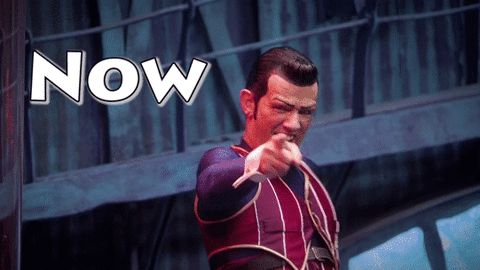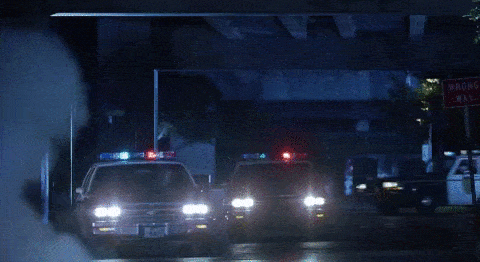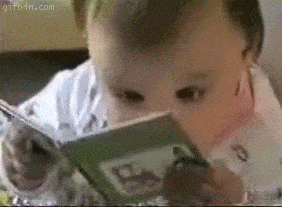Don’t Let Police Work Hurt Your Car Claim! Everything you need to know about the police report...
- TDP Representative
- Jan 20, 2020
- 3 min read
An inaccurate or incomplete police report can really harm your ability to make a claim for your injuries after a car crash. When the police report does not accurately represent the crash, insurance companies will attempt to limit or prevent your recovery. Insurance companies argue that, because a claimant’s version of events does not match up with the police report, then the claimant’s entire story is false.

Here are a few things you can do to make sure that the police crash report reflects what actually happened …

(1) Try to have the police come to the scene. This may seem obvious, but often people are in a rush, or the police are not inclined to come to the scene to create a report. Insist on it! On-scene reporting is useful, since police will then include a sketch of the crash scene in the report, which can be very influential. If you call the police and no officer can respond, go to the nearest police station immediately.
(2) Try to get the at-fault party to participate with you in creating the crash report. This prevents the creation of a second crash report, with a possibly different version of events. If this is not possible, get all of the other driver’s information before you leave the scene to file your report. The best way to do this is to use your mobile device to take photos of the other driver’s license, insurance card, and license plate. It is also useful to get the other driver’s phone number, if possible. Once you have collected as much information as you can, give it all to the police at the station.
(3) Make sure everyone who was in your vehicle goes to the station with you to file the report. Unfortunately, vehicle passengers are often omitted from crash reports. Most commonly this occurs when only the driver reports the crash at the station, and forgets to list his passengers. However, sometimes the police simply forget to inquire about passengers – make sure your passengers are on the report!
(4) If there is a witness, make sure his statement and contact information are in the report. Unbiased witnesses are strong evidence against an insurance company’s attempt to discredit your version of the events.
(5) Make sure that the report accurately depicts the location and severity of your vehicle’s property damage. Do your own vehicle inspection and make sure to point out to the police officer where the damage occurred. Accurate depiction of the property damage helps to tell the story of how the crash occurred, and how severe the impact might have been.

(6) Review the report. Once you have done everything above, ask to review the report before it is finalized, to make sure nothing is missing. Even though you have stated something, the officer may have missed it: check his work!
(7) If information comes up later, contact the police and update the report. Don’t be shy about going back to the police to let them know something needs changed in, or added to, the report. If you do not update the report with vital information, insurance companies can argue that the absence of this information is due to a dispute in the facts.
If the police report from your crash does not accurately describe the accident, it can hurt your ability to get fair compensation for the damage to your vehicle and your injuries.
If it does happen to you, don’t lose hope! Contact the experienced accident attorneys at TDP Law Firm and we will be there to make the insurance company pay you what is right! Call us at (440) 252-5420 today!



Comments